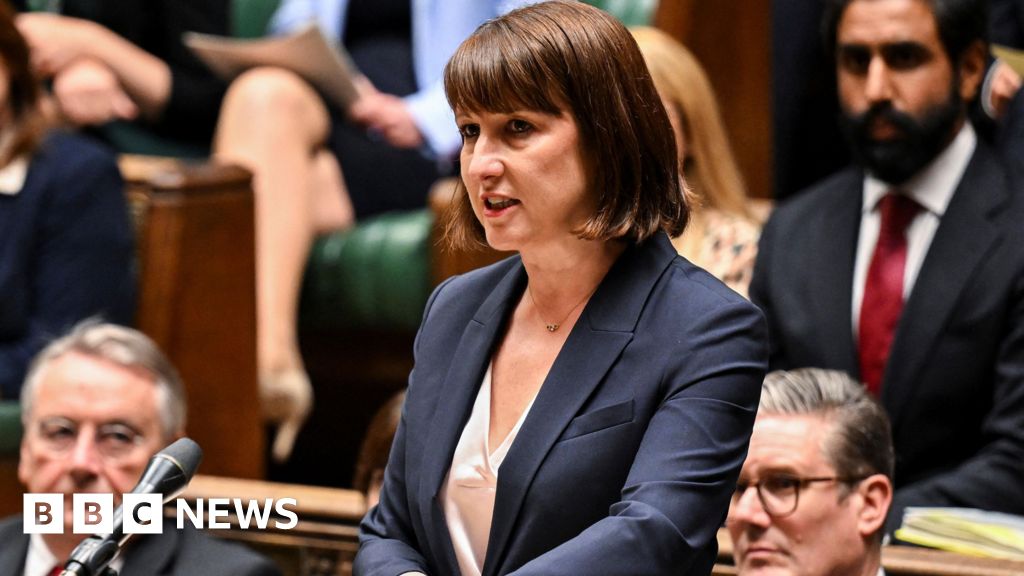What we have heard so far about the Budget sounds rather austere, but the chancellor is defining austerity as real-terms cuts in government departments. It appears departments will get top-ups to cope with the rising cost of services.
The trade-offs in her Budget are driven by her new fiscal rules. A new rule governing borrowing to invest, the “investment rule” will replace the previous debt rule, allowing the reversal of a planned £20bn cut to spending on major capital projects.
The new, broader measure of debt will have to fall in five years’ time. But it is the new “stability rule” that will be the binding constraint for Wednesday. All day-to-day spending in departments, on welfare and on debt interest, will have to be funded by tax revenue over a certain, as yet unspecified, timeframe. This could be a really quite fierce rule, far tougher than the Conservatives’ rule. Borrowing will only be for investment.
These two rules together will frame not just this Budget, but the next half decade, affecting every penny that the government spends. Labour has calculated that its landslide majority is rooted in a public desire to sort out underperforming public services, such as the NHS, and a decline in the quality of the public realm, from transport to town centres to housing. The real “black hole” in this view is in public services. The “fiscal fiction” of unrealistic spending plans will become fiscal fact.
By mandating that the spending gaps will be filled by significant tax rises, the strategy here is to communicate overwhelming political pain tolerance to markets that lend money to the exchequer. Essentially a massive majority will be used to credibly guarantee surpluses on “current” spending. Some taxes will go up, but the return is that it should help keep interest rates down for households, businesses and government itself.
As one prominent central banker told the margins of the IMF meeting, what is important in terms of market credibility is not just the amount of borrowing, but the coherence of the story and the strategy around that borrowing.
A new chancellor needs to establish their financial credibility, after all, credibility is famously hard to gain and much easier to lose. That is the purpose of these self-imposed rules. But in recent years, chancellors have also struggled with political credibility. More than one were in the job for too short a time to even have an official Budget.
It has not been an absolute given that all Budget measures will actually be enacted by a rebellious and unruly governing party. Over the Channel, that is precisely the problem in France, where Reeves’ counterpart Antoine Armand has to convince he can actually pass tough measures as a minority government. Rachel Reeves has no such problems.
Indeed, at an event in Washington addressing bankers, congressmen and senators at the British ambassador’s residence, the chancellor had a moment for reflection. Exactly two years before, Kwarteng had made this same address, amid widespread mini-Budget turmoil, including jokes about his shared role with Isaac Newton, who had solved a historic sterling crisis. As a result of the aftermath of Kwarteng’s “fiscal event”, board members of British clearing banks were having to reassure their counterparties that Britain was “OK”. Developing country finance ministers were making the same half-joke about Britain, the old master, now being the crisis economy.
For a chancellor who, two decades ago, was seconded to the British embassy as an economist, during one of Argentina’s debt crises, it was an anathema.
It is why on Thursday morning she and her team are expecting some anger from wealthier taxpayers and bad headlines in certain newspapers. But the flip-side will be relief for hard-pressed users of many public services, and especially what the Treasury hopes will be tranquil financial markets as she embarks on a long-term programme of long-delayed investments in Britain’s economic future.
It is a Budget that will be unpacked and unpicked for months, perhaps years to come.
Credit: Source link











